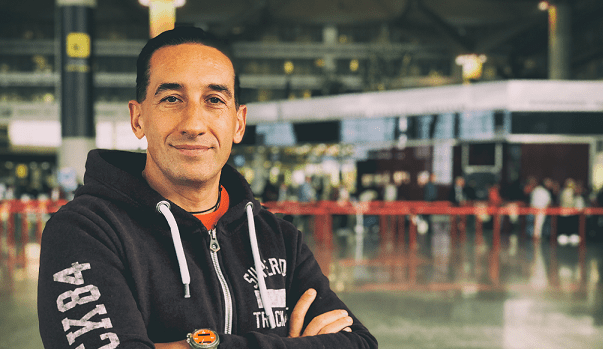
Transformations in the Agri-food Sector in 2024: Impacts and Challenges for Businesses
“Do you want a Coca-Cola and a basket of fries?”
Soon, this phrase might get you sued.
Some might say “hallelujah” while others might cry “help, dictatorship!”
I opt for the latter.
I haven’t drunk Coca-Cola since 2011 and am happy about it, as it’s a sugary, colored beverage with bubbles that I believe is harmful, and I only indulge in fries two or three times a year.
At the same time, I think it’s important that companies are obligated to communicate the truth (which seems correct to me) and that people should be free to make their own choices.
The agri-food sector in 2024 is shaping up to be a field of continuous changes and challenges.
As just mentioned, even cultural challenges.
Can you imagine what would happen if you told an American that they are not free to eat junk food?
Civil war would break out.
According to Economist Intelligence, a decrease in fuel and fertilizer prices and good harvests are expected to lead to a reduction in agricultural prices for the second consecutive year.
However, this scenario presents numerous risks, affecting not only global food security but also the strategies and operations of businesses in the sector.
War and adverse weather conditions, including threats from El Niño, risk exacerbating hunger globally, affecting over 345 million people.
People who weren’t going to McDonald’s.
These factors could reduce harvests in crucial regions such as Africa, Asia, and Central America, and the Russian blockade of Ukrainian wheat exports could endanger global supplies.
Agricultural businesses must therefore prepare to face significant challenges in terms of production and distribution, as well as potential market instability.
In response to these crises, governments are expected to adopt measures such as subsidies and price controls.
For example, India has already limited rice and sugar exports.
These policies could provide opportunities for businesses to adapt and innovate, developing products that meet new regulations and consumer needs.
Here, even small and medium enterprises see dream openings to penetrate with new products.
Coffee produced from fungi, synthetic meat made from gnu wool, sugar extracted from hornet wings, and mayonnaise made with algae from the coral reefs of Polynesia.
Obviously, I’m joking (except for coffee produced from fungi).
After all, what has the World Economic Forum been hammering on for years?
We must learn to feed on insects, or we will all die.
Obviously, those who have seen the movie Snowpiercer have some concerns about this.
The return to the popularity of healthy eating and restrictions on junk food advertising in Canada, as well as the ban on the sale of energy drinks to minors in Poland, indicate a growing awareness of public health.
Food sector businesses can take advantage of this trend to develop and market healthier products.
Furthermore, the increase in tariffs on sugary drinks and processed foods in developing countries like Colombia and the Philippines could push companies to innovate in terms of ingredients and production processes.
Now I’m not joking about the product but being serious.
Take the example of Solar Foods.
A Finnish company that in 2024 will start producing a protein powder, Solein, using gas fermentation to feed microbes.
This technology, already approved in Singapore, represents a potentially revolutionary solution to address protein shortages, offering a sustainable alternative to traditional protein production.
Food companies can look to these innovations as sources of inspiration to develop new products that meet the needs of an evolving market.
2024 marks a turning point for the agri-food sector, with impacts that go well beyond the agricultural field.
While businesses must face significant challenges, there are also unique opportunities for innovation and adaptation.
It will be essential for companies to remain agile, responsive, and innovative to navigate this rapidly changing landscape, contributing at the same time to the construction of a more sustainable and secure food future.
And for us?
I think we need to hurry up and indulge in the pleasures of a nice four-cheese sandwich, a lasagna with béchamel, or a delicious tiramisu because in a few years, we’ll have to settle for a skewer of spiders, a synthetic algae lasagna, and a dessert with simulated sugars.
Author: Koan Bogiatto
Koan Bogiatto has explored approximately 123 countries around the world and, after living in Italy, Spain and then in the USA, Florida. He is the only Italian to have received the prestigious Green Card for Extraordinary Achievement and Outstanding Individual from the U.S. Government, in the fields of education and coaching. In the past Koan has served as a consultant for eBay, INA Assitalia, Wind, 21st Century, Alviero Martini, Politecnico di Torino, IUM Monaco, Sai, De’Longhi Group, and Il Sole 24 Ore. “He is the founder of several successful companies in various fields, including coaching, education, real estate, and cryptocurrency trading, to name a few.”

